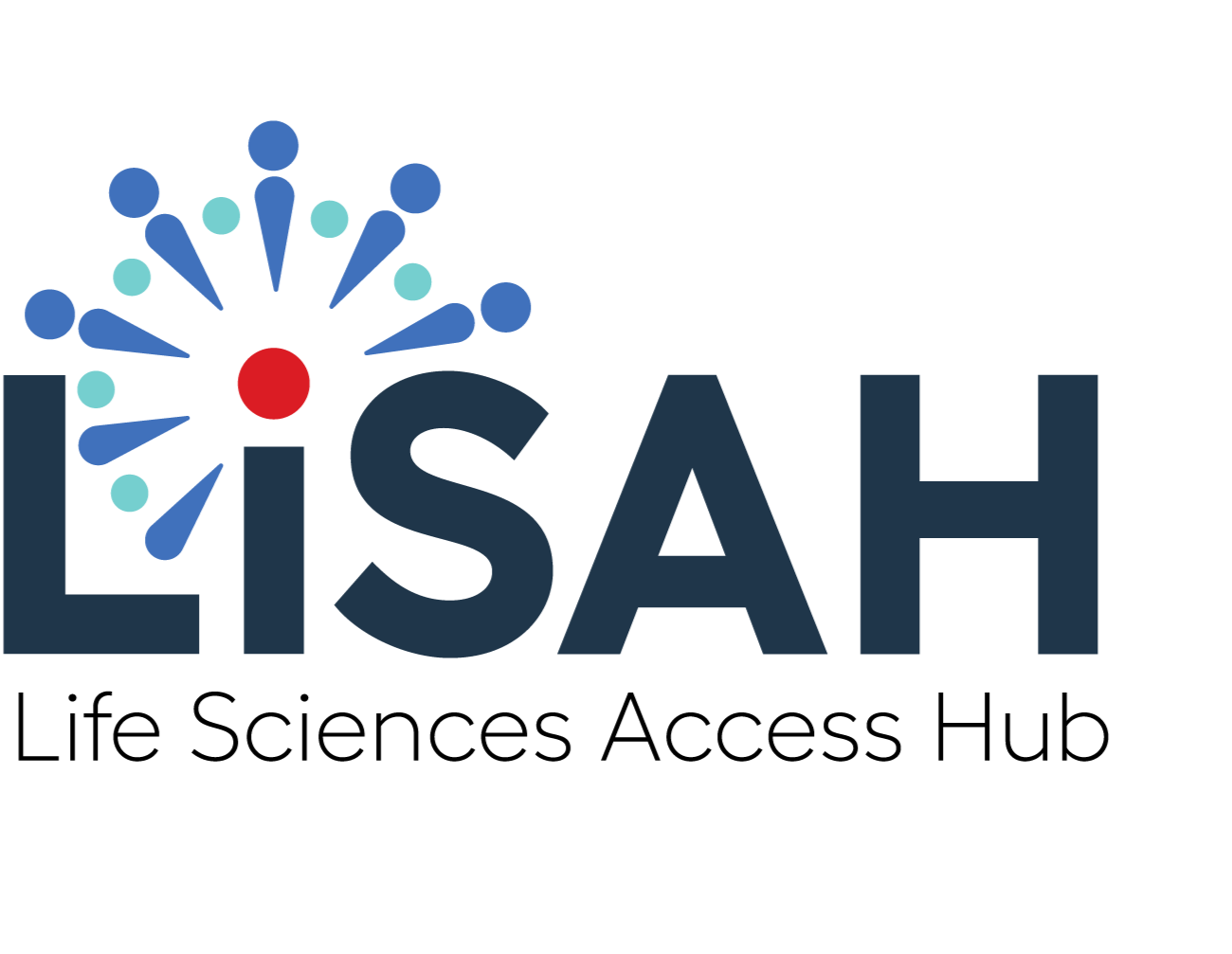Valletta Declaration
Introduction
Launched in 2017, the Valletta Declaration was a voluntary cooperation among ten EU member states aiming to improve access to innovative, high-cost medicines. It focused on horizon scanning, information-sharing on pricing and reimbursement, coordinated appraisal discussions, and exploring joint price negotiation.
Composition
Participation reached ten EU countries: Croatia, Cyprus, Greece, Ireland, Italy, Malta, Portugal, Romania, Slovenia and Spain. Ministers set direction and a technical committee coordinated work, while national decisions and contracting always remained national.
Areas of activity
The group prioritised candidate products for coordinated consideration based on clinical impact, budget pressure and unmet need. Information-sharing took place on prices, including the exchange of confidential net prices, and policy options, including the discussion of legislative proposals. And the group explored legal and practical routes to coordinated negotiation or procurement.
How it collaborated
The programme linked participating countries’ early identification of products; it aligned evidence questions across countries; compared national outcomes and, in selected cases, tested conditions for moving from shared appraisal into coordinated negotiation, while leaving implementation to national procedures. Independent reviews described this as a “pool intelligence then sequence joint steps” model.
Recent inactivity
The collaboration was only active for a short period, with outputs from the group ceasing after 2019. The last detailed official notes cover the Lisbon technical meeting (4 May 2018) and a 2019 ministerial communication on price-transparency work. Later references cite the collaboration in general terms but do not report new Valletta-branded actions.
Replacement at EU level
The EU Health Technology Assessment Regulation (EU) 2021/2282 entered into force in 2022 and became applicable on 12 January 2025, with the initiation of mandatory Joint Clinical Assessments (JCAs). This work is led by the Member State Coordination Group on HTA (HTACG) and started with oncology medicines and ATMPs in 2025. It will extend to orphan medicines in 2028, and to all other new centrally authorised medicines in 2030.
Pricing and reimbursement, however, remain a national activity. The Valletta Declaration group could have refocused its work on the post-clinical assessment phase of pricing and reimbursement, but the political drive to do this appears to have been lacking.
Conclusion
The Valletta Declaration functioned as an important political test bed for multi-country cooperation but has not published new programme outputs in recent years, as attention and resources shifted to implementing the binding EU HTA framework. National bodies in former Valletta countries now participate through HTACG and its joint workstreams rather than through a separate Valletta-branded programme and the organisation has chosen not to collaborate on the more politically charged areas of appraisal and pricing.
